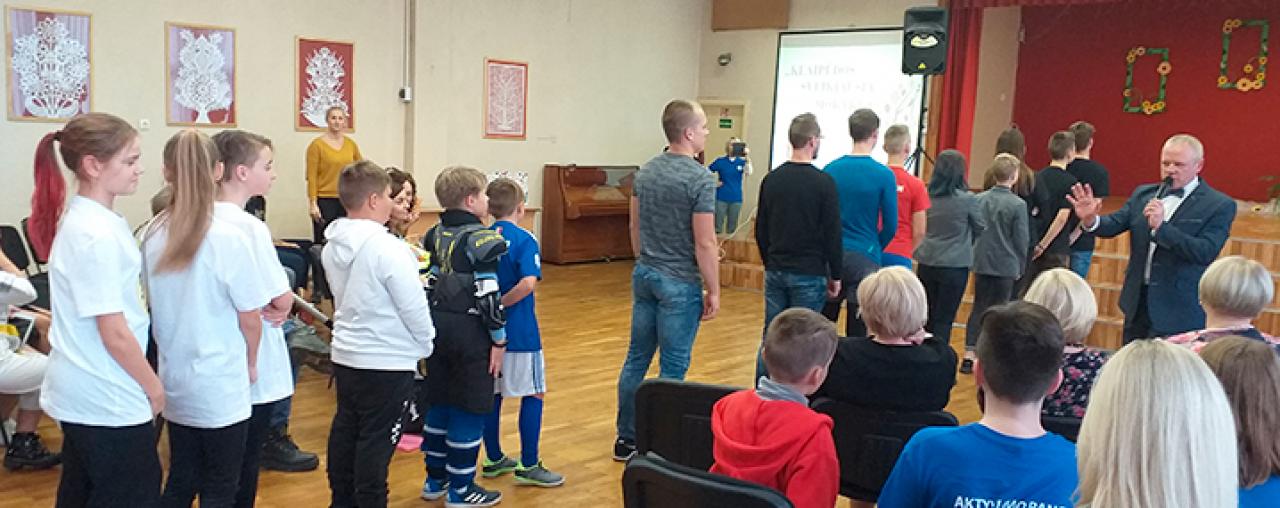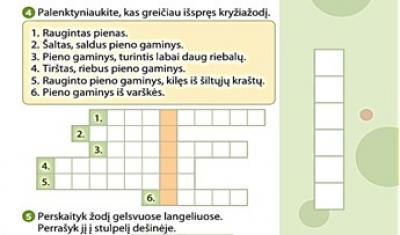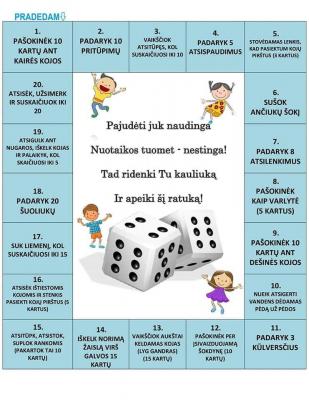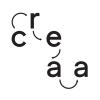
By Laura Kubiliutė, Head of public health monitoring and projects department at Klaipėda City Public Health Bureau
Klaipėda City Public Health Bureau (Lithuania), as a partner of the Playful Paradigm Transfer Network, is seeking for inspiring and creative approaches to use games and playful education methods for promoting social inclusion and healthy lifestyles in educational settings. In this article we would like to share our insights and experience in transferring the good practice of the municipality of Udine (Italy).
The municipality of Udine, the lead partner of the Playful Paradigm Transfer Network, promotes the use of games and gamification concept in connection with healthy lifestyles, engagement in civic participation. The good practice of Udine has been arranged into different modules and project partners have chosen some of them to adopt and re-use in their cities. One of the modules selected to be adapted and transferred by Klaipėda City Public Health Bureau was module “Involvement of schools in playing activities”. Moreover, this module been chosen for a transfer by other members of the Network: Novigrad (Croatia), Esplugues de Llobregat (Spain) and Katowice (Poland).

Children currently are spending a lot of time in sedentary activities. The inactivity of younger generation is an important problem in many cities, as well as in Klaipėda. In Lithuania, schools are committed to a long-term strategy to promote physical activity and healthy lifestyle, via the Healthy School programme led by the Ministry of Health. However, the survey of lifestyle (2020) carried out in all municipalities in Lithuania revealed schoolchildren physical inactivity problem: only 16,3% Klaipėda’s and 13,6% Lithuania’s schoolchildren are physically active. Many schools in Klaipėda belong to the National Network of Health Strengthening Schools or have status of an Active School. In order to promote healthy lifestyle and actively engage schoolchildren, playful and creative events are organised at schools by the Bureau, e.g. competitions “The Most Active Class” and “The Healthiest School”. The aim of the implementation of these competitions is to encourage children to become more physically active in an enjoyable way. The participants of both competitions during the whole school year organise hikes, physically active weeks using whole-class (or school) approach, count daily steps, contribute to creation of a favourable psychological microclimate.
Through participation in the Urbact Playful Paradigm Transfer Network, a new element from the playful methodology was introduces and tested mainly in primary classes – a playful active break. What is an active break? It is a short physical activity after a lesson to energise school curriculum. It can be dance-along songs or a short exercise. Playful active breaks help schoolchildren to enjoy school more, have fun, relax and achieve better learning results. Bernutė Juškienė, a public health care specialist at Sendvaris Progymnasium, created an exercise with toys for primary schoolchildren which has been shown during the transnational project meeting in Klaipėda, 2019. Since then, this playful activity has been promoted and applied in other Klaipėda’s schools. Moreover, teachers and public health care specialists use GoNoodle videos with energetic music, where performers show the moves and children have to repeat them.
Playful education is especially important during the Covid-19 pandemic. During the quarantine the Bureau’s public health care specialists working in educational institutions tailored a website (Password: karantinas) offering playful activities children and parents at home – a set of suggestions, information, games and much more for children physical activity, nutrition, mental health, hygiene. Printable templates of different games are available, so children and parents are able to play, solve crosswords or be physically active together playing active indoor and outdoor games and improving health literacy in different topics.
The help and support provided by the Urbact experts in transferring the good practice modules was precious. A useful toolkit for cities to promote Play Activities in schools served for inspiration in developing playful education methodology.
Playful education is an innovative concept to boost the level of children physical activity, promote social inclusion and healthy lifestyles. Playful activities and methodology can be transferred to other schools locally, as well as internationally. The involvement of educational institutions in playful activities in Klaipėda has been successful. In the future it is planned to provide more playful initiatives for pre-school children in order to promote their healthy lifestyles.


Laura Kubiliutė, Head of public health monitoring and projects department at Klaipėda City Public Health Bureau

